Heather from New York, NY, asked:
Hi Julie,
I am wondering about taking estrogen but I’m scared of the cancer risk.
A psychic I talked to said it could increase my chance of getting cancer.
Your thoughts?
Thank you.
Heather
Hi Heather,
Great question!
Since I’ve been on them for close to 20 years, I’m a huge fan of bioidentical hormones. They keep our brains, hearts, bones, skin, and bodies healthy.
When considering taking hormone replacement therapy, it’s worth researching the difference between bioidentical, natural, and synthetic hormones.
In talking about the difference between bioidentical and synthetic hormones, world renown women’s health expert, OB/GYN, Christiane Northrup, MD, says, “Bioidentical hormones are identical in their molecular shape, makeup, and structure to hormones made in the human body.”
Dr. Northrup goes on to say, “One thing you need to remember is that ‘natural’ or ‘plant-based’ does not necessarily mean bioidentical. When it comes to a hormone, bioidentical means that it matches exactly what’s normally occurring in your body.”
Synthetic hormones are made by big pharma, have extra molecules added to their formulas so they can be patented, and contain ingredients derived from horse mare urine.
Regarding the cancer risk, the U.S. National Institutes of Health cites a 2019 study published in the British Journal of General Practice about bioidentical hormone replacement therapy that states, “Most women and healthcare professionals are concerned about the possible risks of breast cancer in women taking hormone replacement therapy (HRT). However, the risk is far lower than many realize. Women who take estrogen only HRT do not have a greater risk of breast cancer.4 “
To find a hormone replacement practitioner in your area, please call a local compounding pharmacy and ask who’s prescribing through them. You can also go to the “find a practitioner” section of the Institute for Functional Medicine or the American Academy of Anti-Aging Medicine.
For more information, please listen to Episode #259 of my Ask Julie Ryan podcast where Dr. Northrup and I discuss all things perimenopause and menopause.

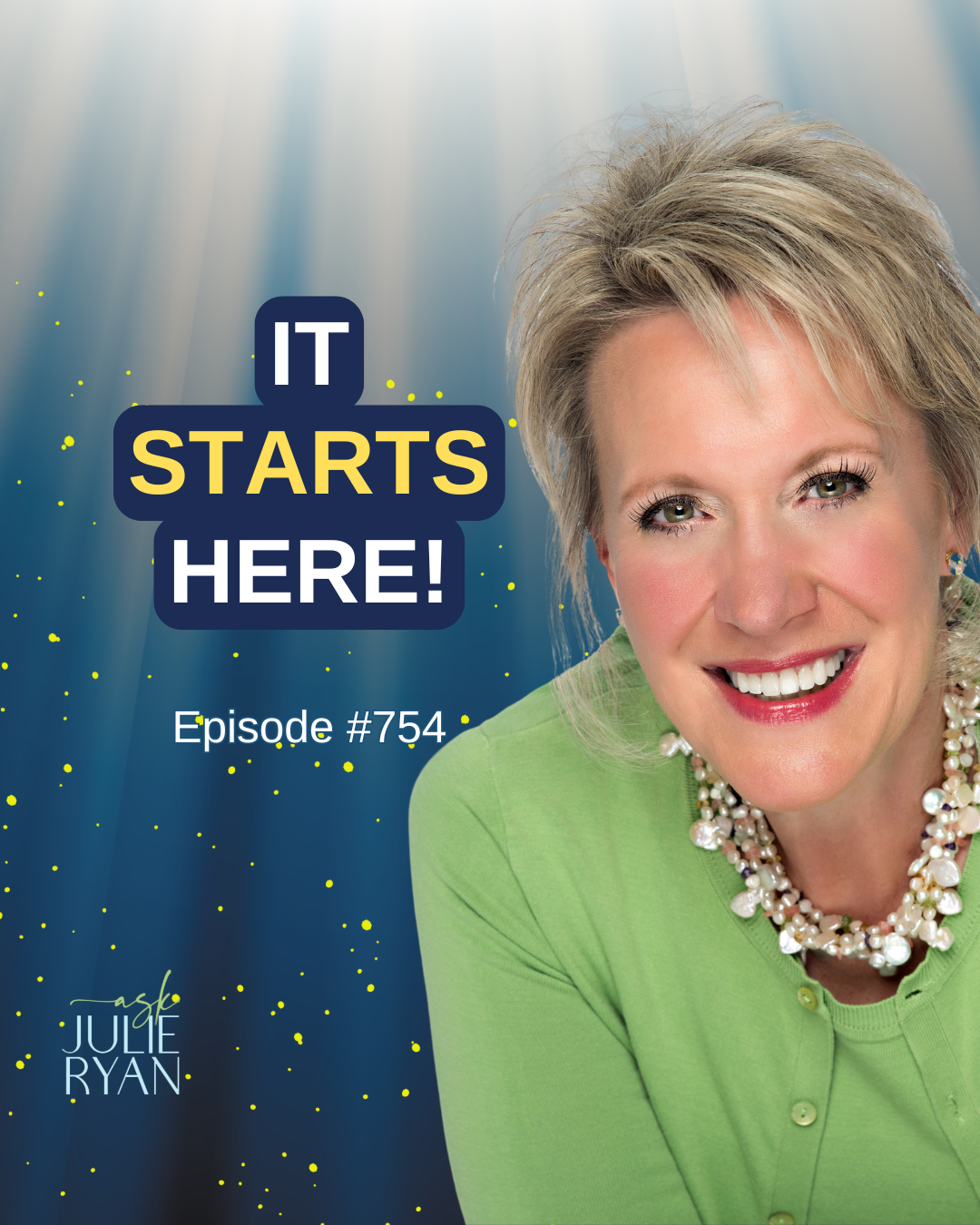
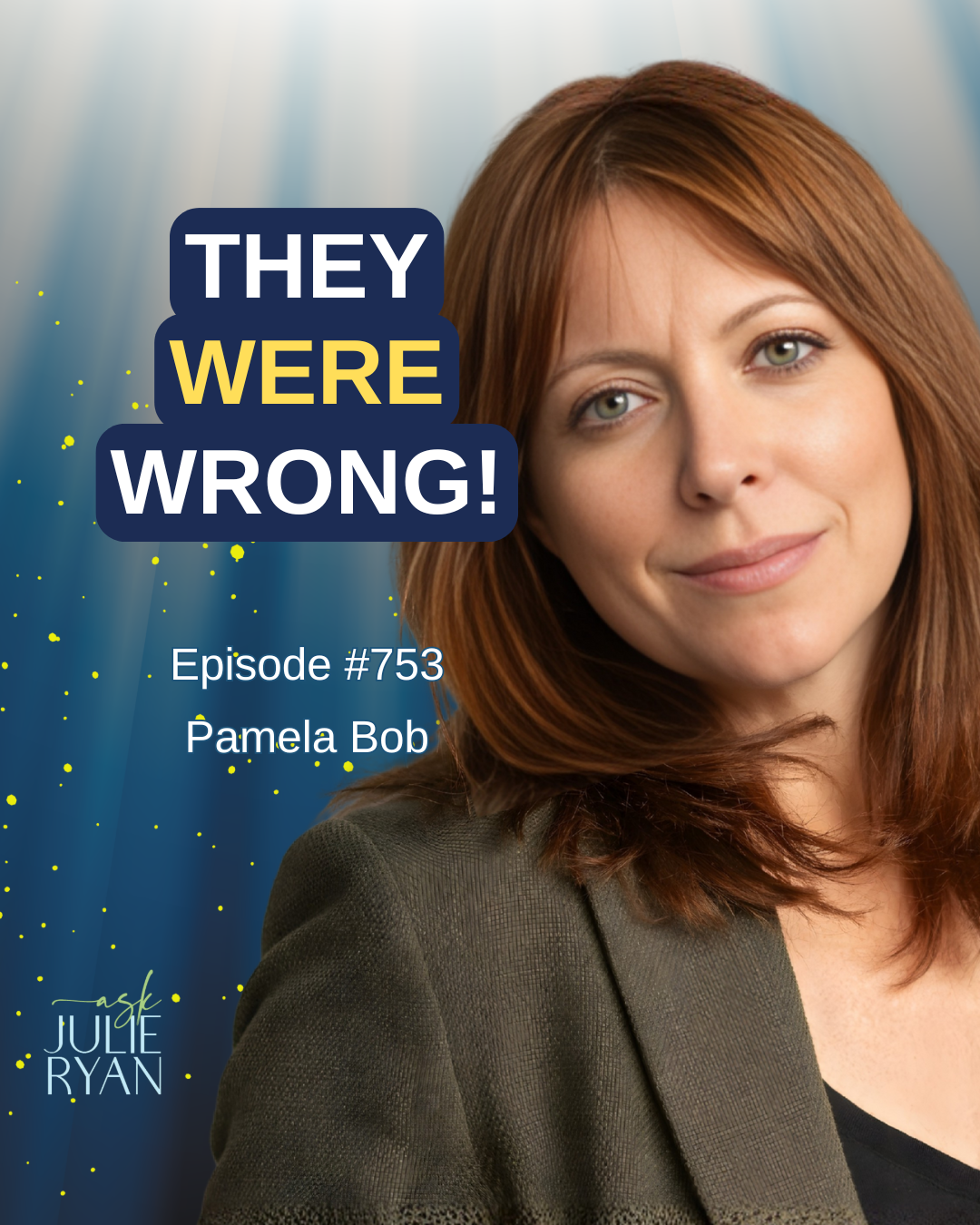
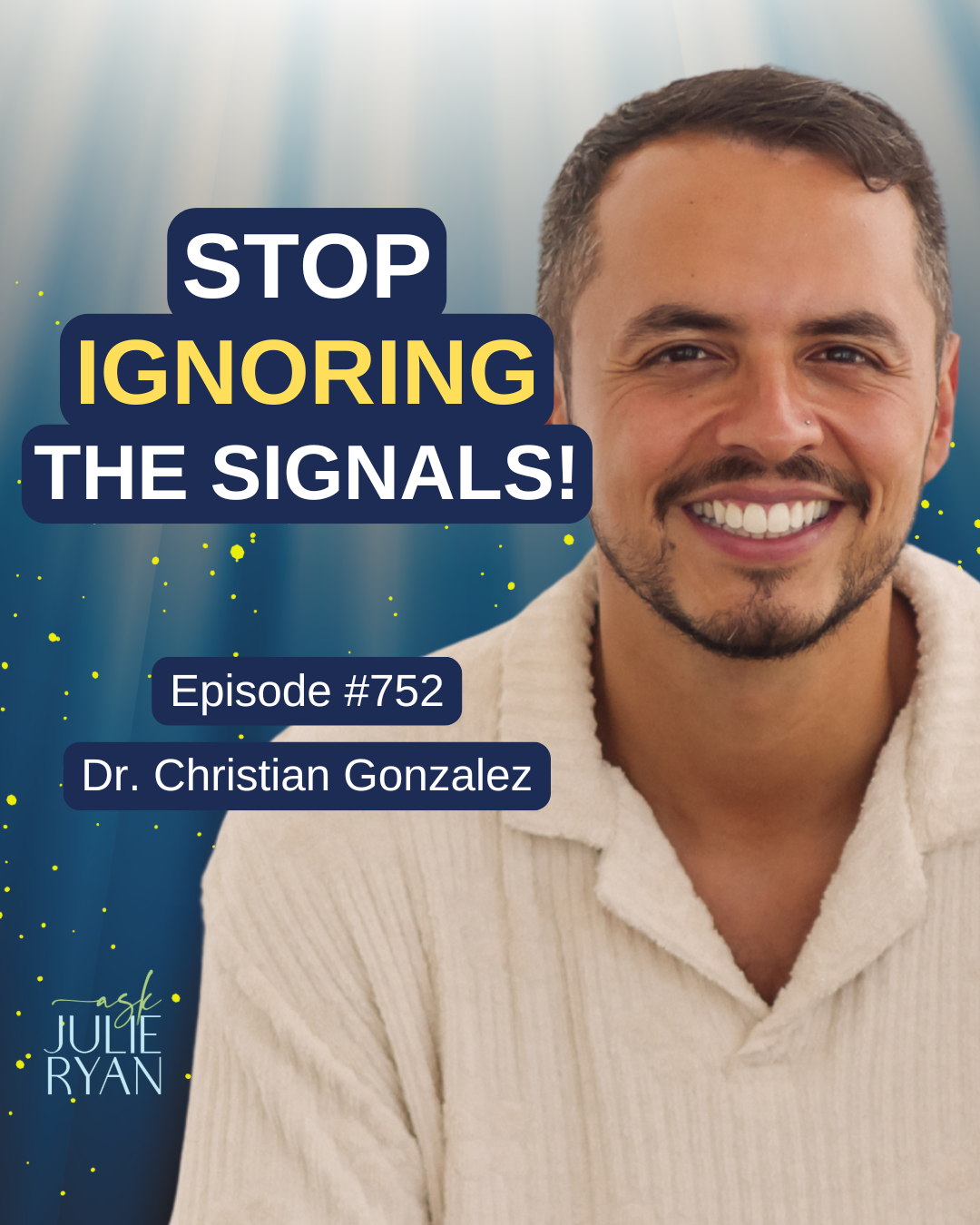
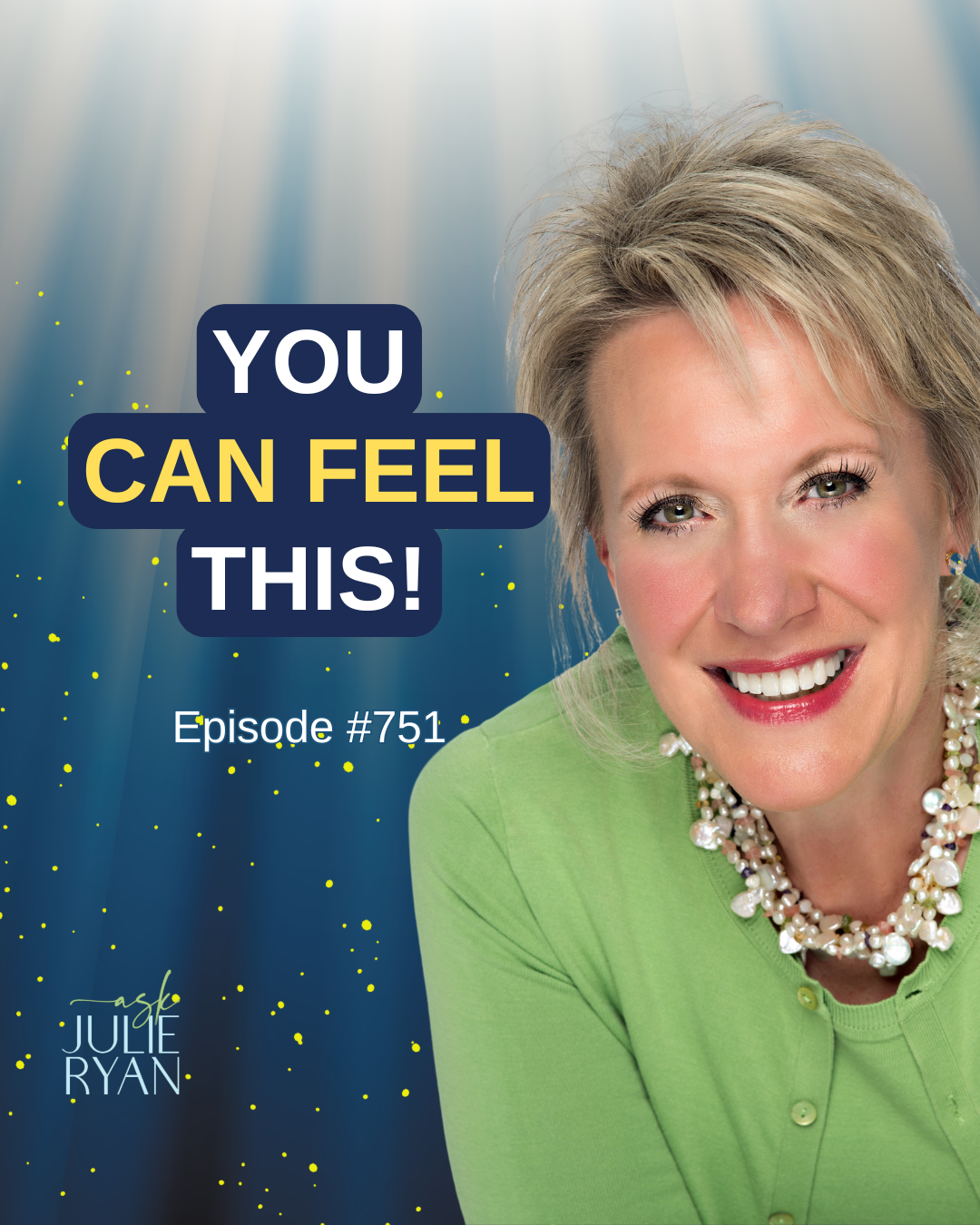
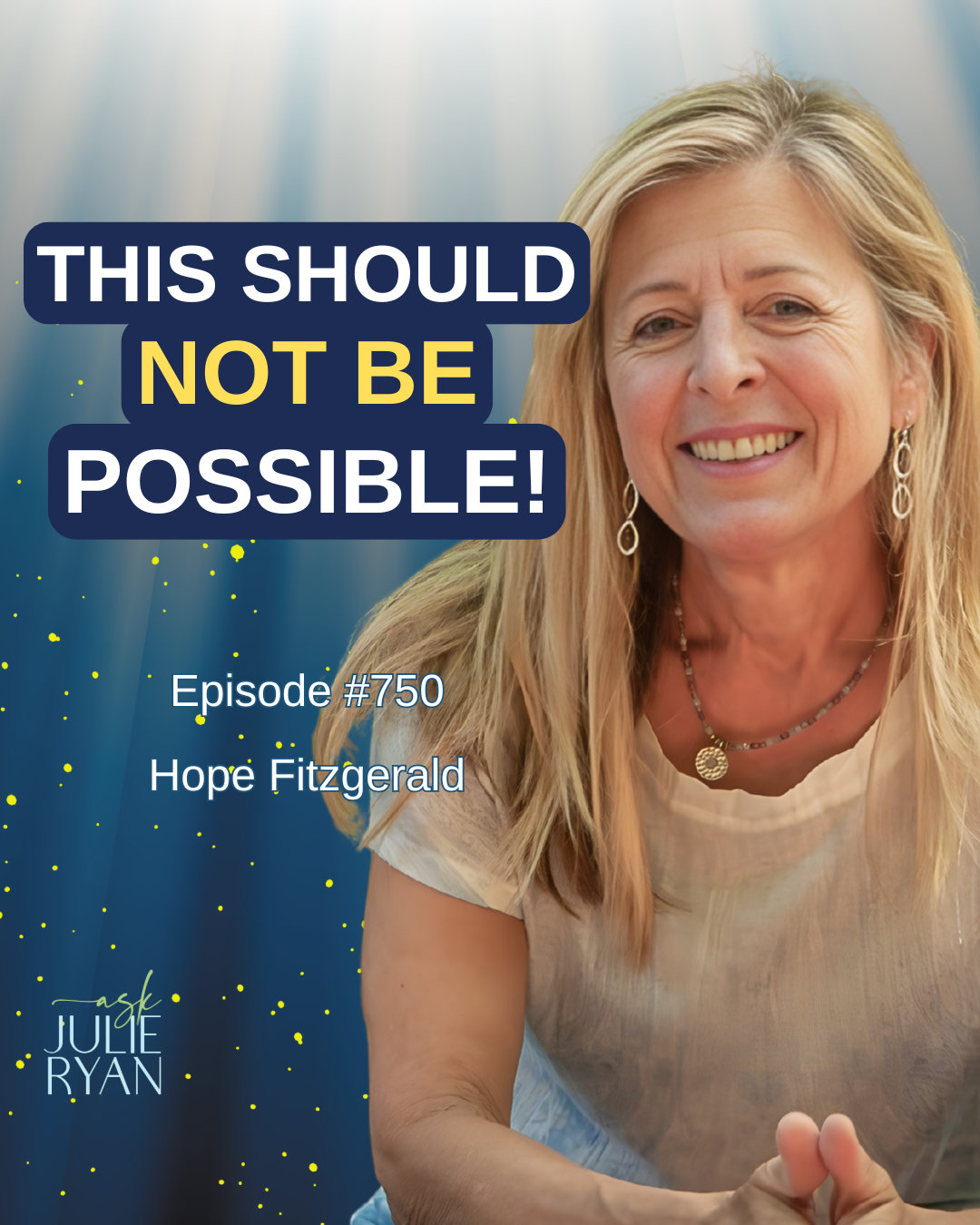
1 thought on “Hormone Replacement Therapy”
Great reply.
Comments are closed.